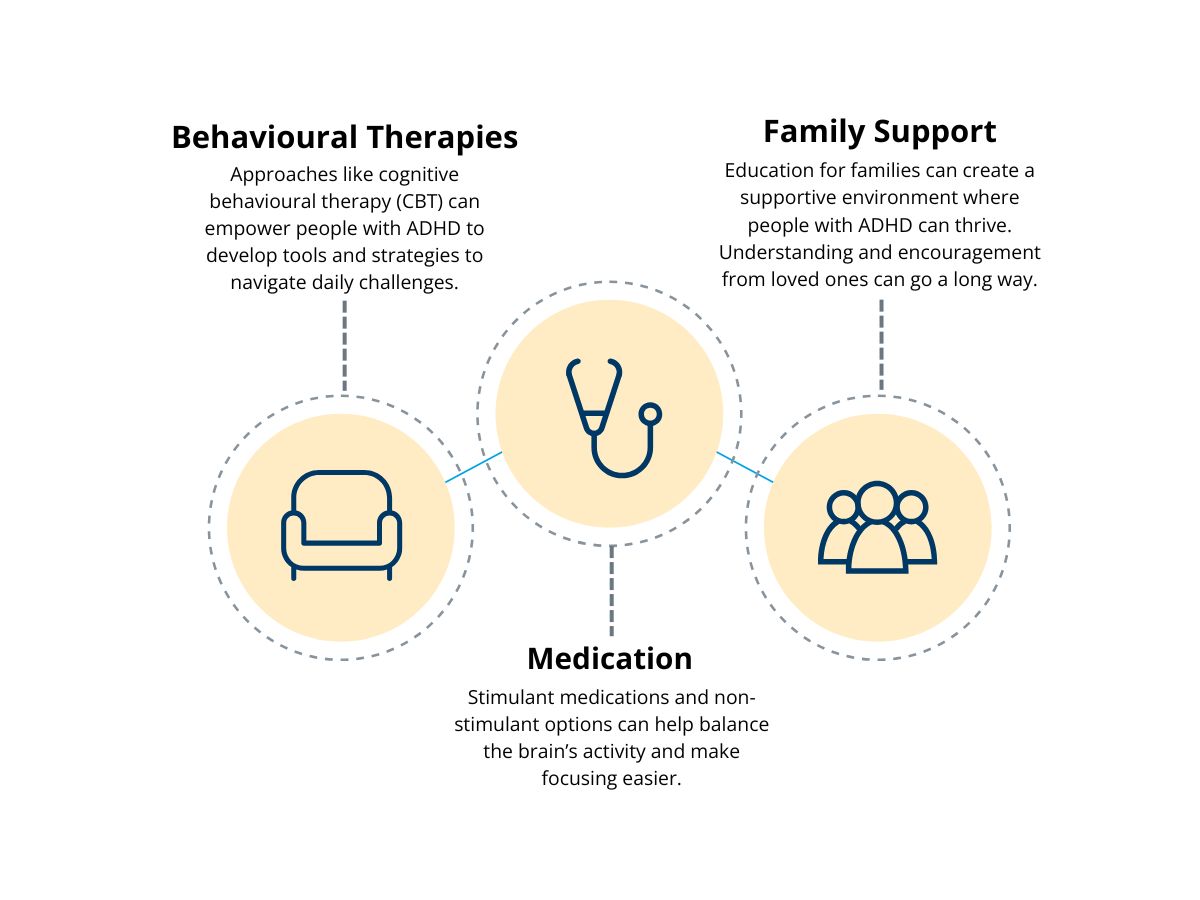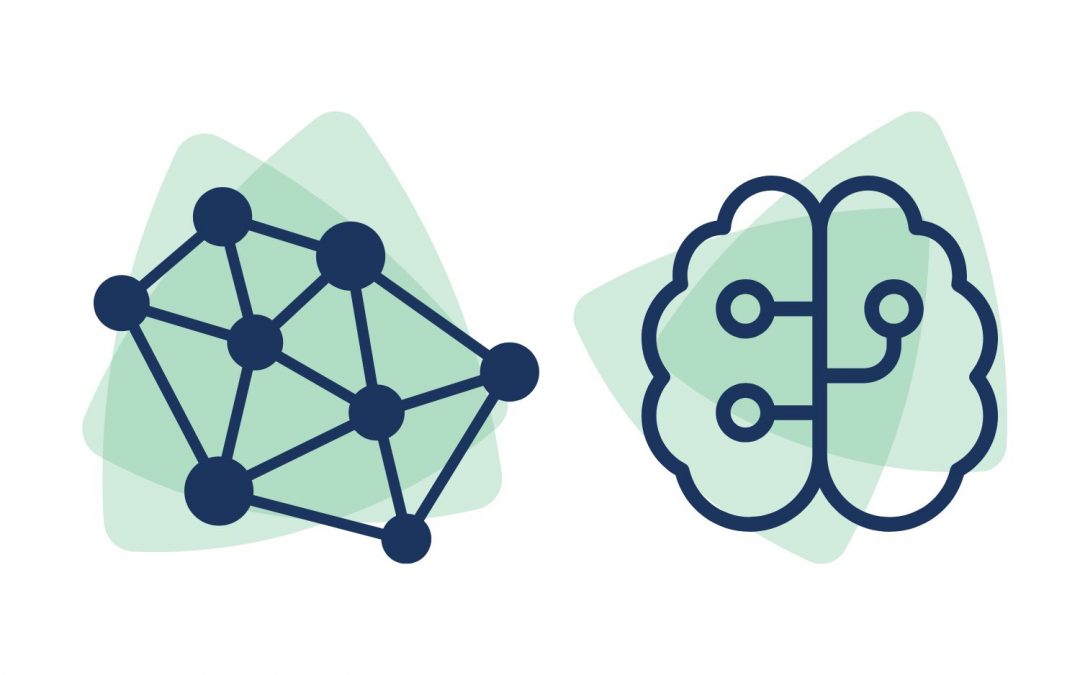Attention-deficit hyperactivity disorder (ADHD) has been part of the conversation about human development and mental health for decades. Yet, many people still wonder if it is a mental health condition or whether it falls under something different. In this blog, we’ll answer the question, ‘Is ADHD a mental health condition?’ We’ll explain the correct classification, types of ADHD and how we can support you at Aim Forward.
Is ADHD a mental health condition or a neurodevelopmental condition?
While ADHD does have an impact on mental well-being, it’s not considered a mental health condition. ADHD is classified as a neurodevelopmental condition. This means it’s connected to how the brain develops and functions, especially during childhood.
Mental health conditions usually focus on emotional or psychological well-being, like anxiety or depression. Neurodevelopmental conditions affect cognitive function, attention, and behaviour, stemming from brain development. ADHD sits firmly in this second category, though its challenges can sometimes lead to mental health struggles.
What is life like with ADHD?
Living with ADHD can look like inattention, hyperactivity, and impulsivity. These traits might mean you have;
- trouble staying focused,
- challenges with organisation,
- difficulty managing emotions, or
- issues with acting impulsively.
No two people with ADHD experience it in the same way. Some may struggle most with attention, others with hyperactivity, and some with a mix of both. These differences are part of what makes ADHD unique to each individual.
How can ADHD be supported and treated?
Even though ADHD is not a mental health condition, it can take a toll on your mental well-being. The good news is there are a variety of strategies that can help.

ADHD and trauma
ADHD isn’t caused by trauma, but living with ADHD can sometimes feel like carrying extra weight in a world that expects everyone to fit into the same mould. Experiences of rejection, frustration, or low self-esteem are common, and these feelings can be amplified when combined with trauma. Addressing both ADHD symptoms and any related emotional pain is key to building a path toward healing and growth.
The different types of ADHD
ADHD isn’t a one-size-fits-all condition. It’s divided into three subtypes, each with its own characteristics:
- Inattentive type ADHD: This often looks like forgetfulness, and difficulty staying focused and organised. You might seem lost in thought, or miss details in everyday tasks.
- Hyperactive-impulsive type ADHD: You may feel restless, interrupt others, or act without considering the consequences. Waiting in line or sitting still can feel nearly impossible.
- Combined type ADHD: This is the most common form of ADHD and includes a mix of inattentive and hyperactive-impulsive symptoms.
ADHD in adults
Though ADHD starts in childhood, its effects continue into adulthood. Adults with ADHD may face challenges in areas like focus, time management, or organisation. These hurdles can contribute to anxiety, depression, or other mental health struggles. Addressing these co-occurring issues can make a large difference to your well-being.
Getting support from Aim Forward
ADHD is a neurodevelopmental condition, and its impact can ripple into every corner of your life, affecting mental health and day-to-day functioning. If you have ADHD or you have traits, the right mix of treatment, support, and understanding can help you thrive. You can find ways to embrace your unique strengths while managing challenges. By broadening awareness about ADHD and its various forms, we can foster environments where everyone has the opportunity to flourish, regardless of how their brain works.
At Aim Forward, we’re dedicated to helping you excel in your life, whether in work, study or your day-to-day life. If you have, or think you have ADHD, we can support you with assessments and personalised strategies to help you thrive.
Our qualified assessors provide diagnostic assessments to determine if you have a specific learning difficulty with traits of ADHD. We also offer needs assessments to help you understand how you learn and work and create strategies for success.
If you’ve got questions about any of our services, get in touch to chat with one of our friendly team.


Recent Comments